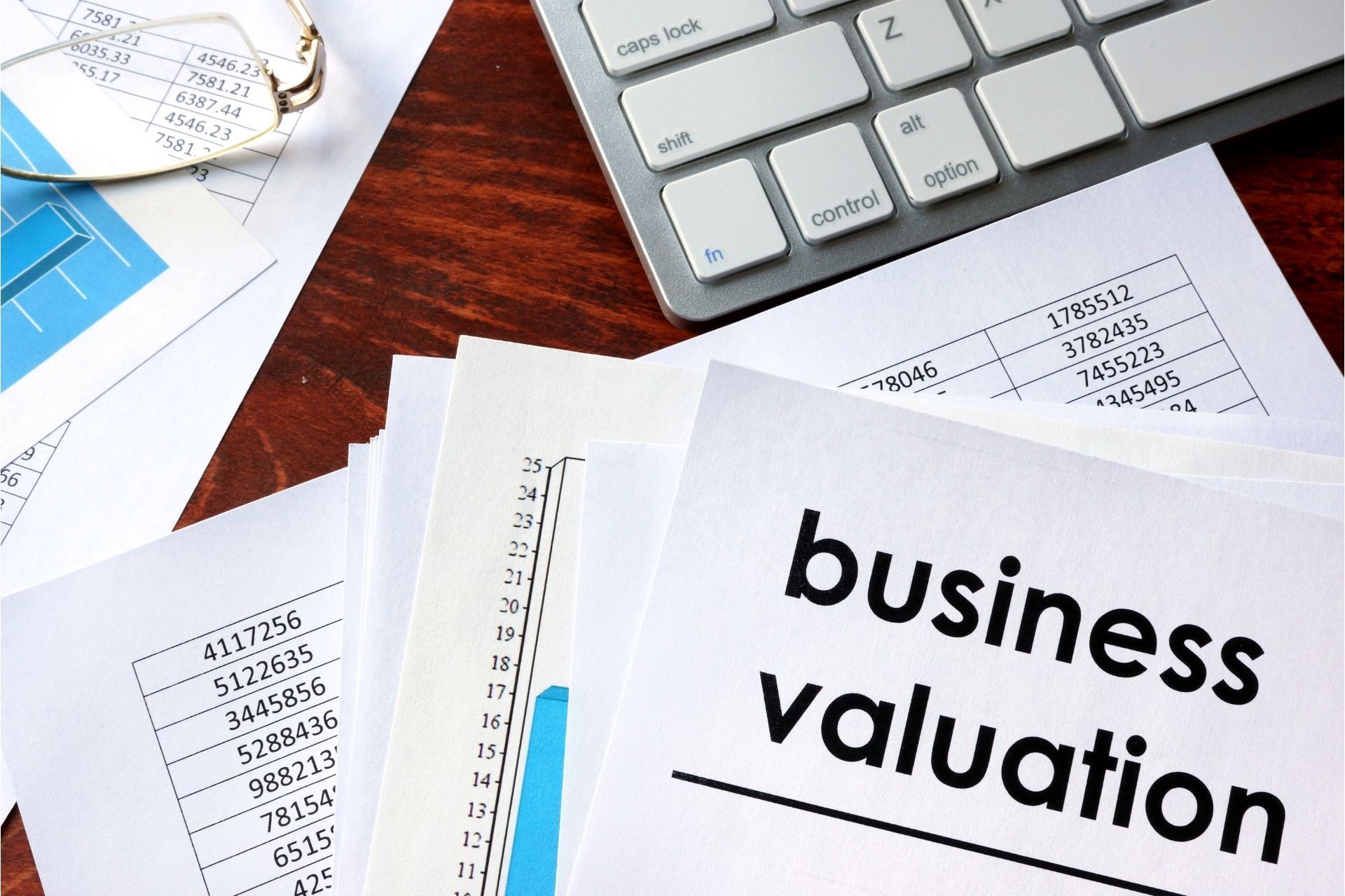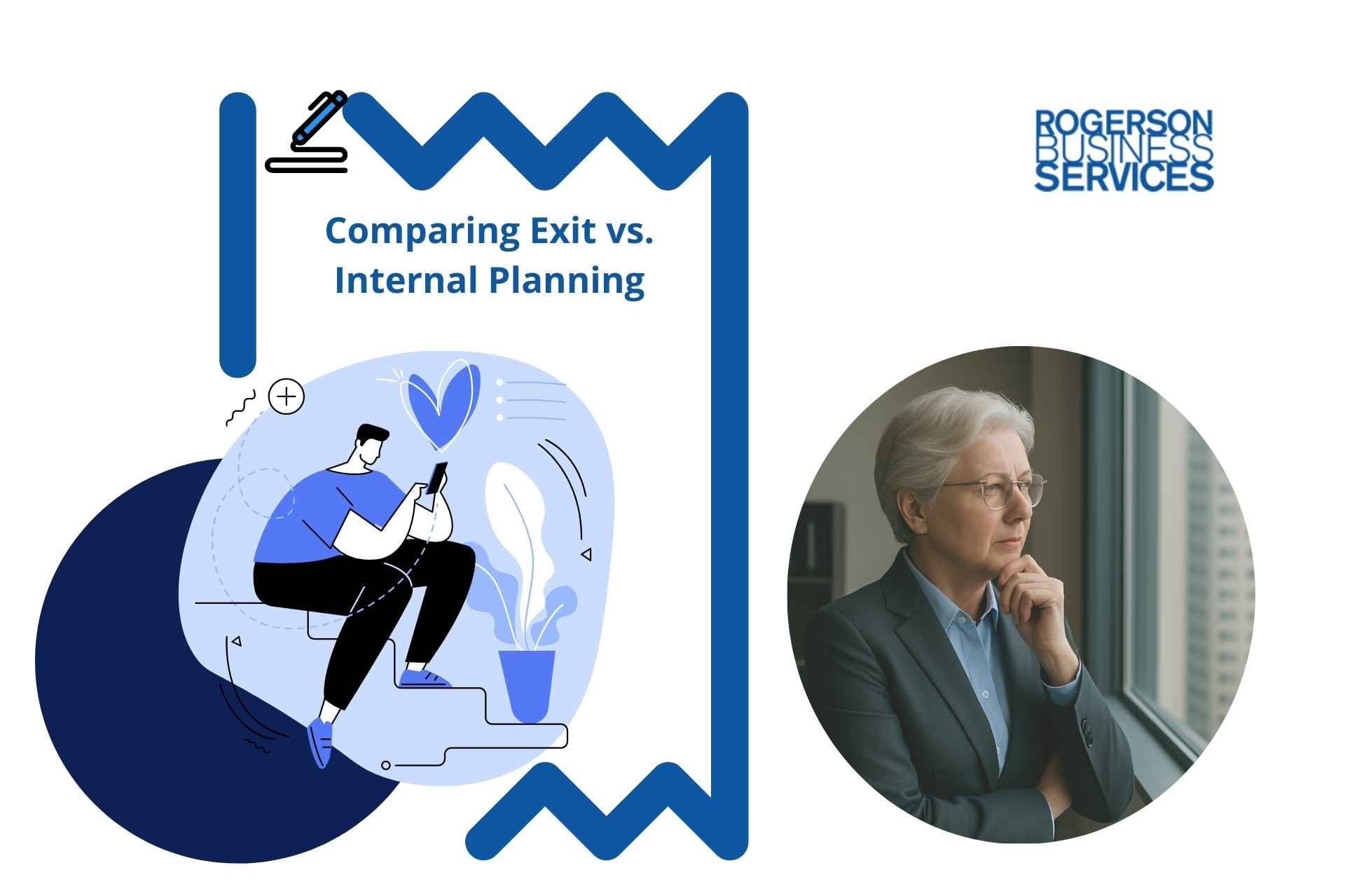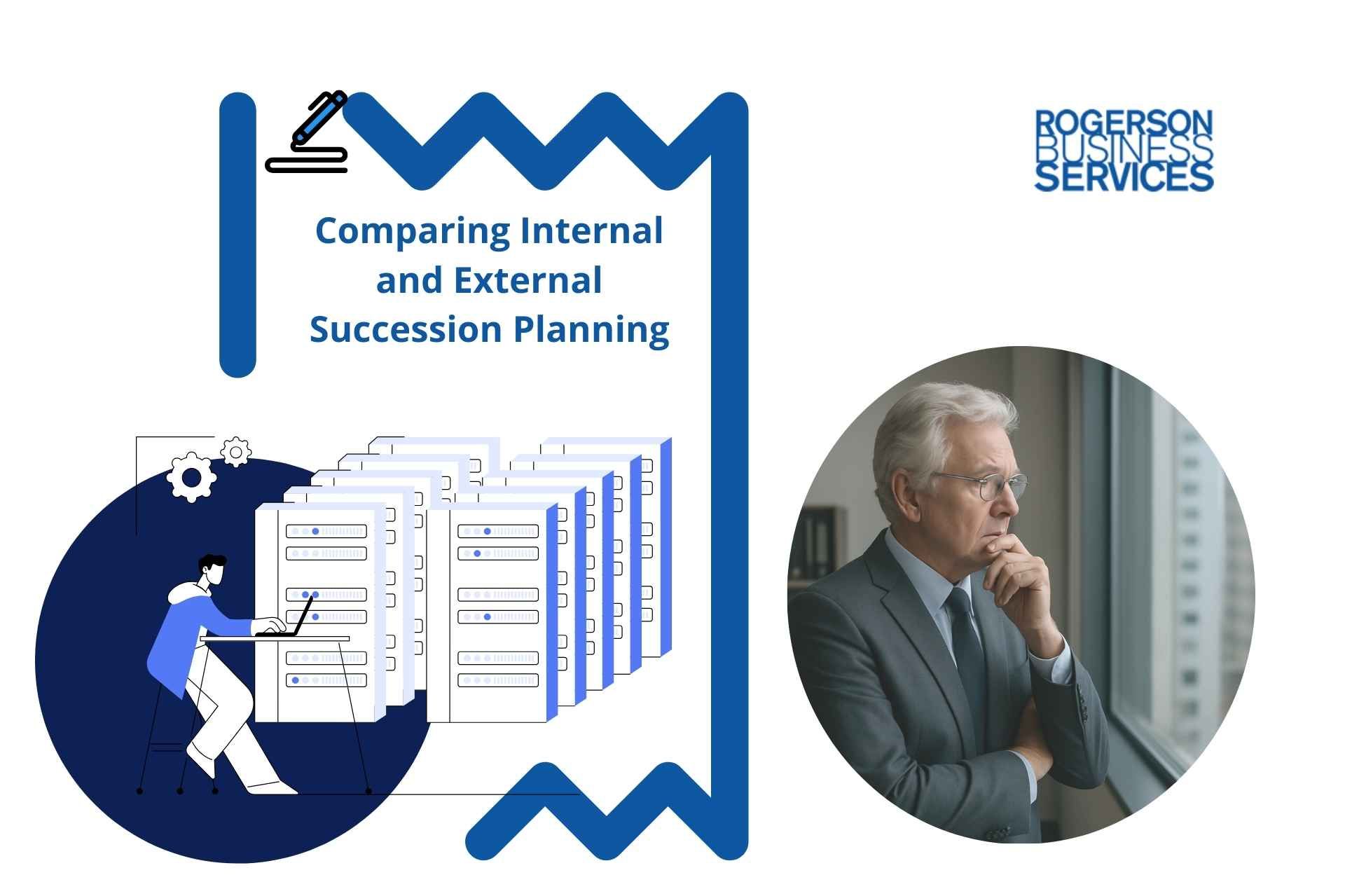Business Valuation in 2023 | What's My Company's Worth

If you are thinking of selling your business or thinking of buying one, one key is to know exactly how much the business is worth. How can you know what to ask for your business or what to offer for one you wish to purchase if you don’t know what the business is actually worth?
To determine this, you need to know what a business valuation is and what it includes. Even if you are hiring a professional to do the business valuation for you (you should) it is helpful to understand what factors go into the figure they come up with.
There are also some steps you need to take before you even look at a business valuation. Above all, you want the numbers to be accurate, and in order to make sure they are, your business or the one you are looking at needs to be ready. Here is the latest on business valuation in 2023.
Valuing your business
The first step is to plan for your business valuation. There are a couple of steps involved, and they are equally important.
First, business valuation is not absolute. Your business value with vary depending on not only the condition your business is in and various other considerations, but it will also depend on why you need the business valuation. For instance, if you need a business valuation to sell your business, that number may be different than the valuation that comes if you need a loan or to raise more capital.
The second step is to get your books and your business ready. Most business owners have their books done in such a way as to get the best tax advantage. However, this doesn’t always reveal the true income and value of your business. This means you need to recast your books to show those true values.
The facts about your business
There are of course some facts about your business that affect business value. Here are a few of them.
- Industry Outlook: Is the industry growing or shrinking? What are the average earnings and outlook for your type of business?
- Company Outlook: How do your books look. Is your company earning above the average or below it? Why? What sets you apart from your competition?
- Organization: Are your records organized well? Easy to locate and easy to understand? The less organized you are, the less your business is worth because someone at some point needs to organize those records.
- Policies and Job Descriptions: Is it clear what everyone in your company does? What the expectations for each person are? Do you have clear policies and procedures for them to follow? The clearer these things are, the more your business is actually worth.
There are many other facts about your business that can make a huge difference too. Is your software and technology up to date? How about your equipment? Are you in compliance with all local and federal regulations? Do you own your business location or lease it?
All f these things make a difference to your business.
The stuff you have
All of the things your business owns have value, from computers to vehicles to real property and tools. The question becomes “Which of those items go with the business?”
This depends largely on you and what you plan to do once your business is sold. Will you be retiring? Going into another similar business? Doing something entirely different?
Typically, if you are a buyer, you will also have some expectations. What do you expect to go with the business you purchase? Is that included? Is equipment updated and in good shape? What will you have to replace when you take over?
The physical items that go with a business have a certain amount of value. Figuring out that value is a big part of business valuation, and you probably need a certified equipment appraiser to give you the most solid numbers regarding their worth.
Your people and places
Your employees are your greatest asset and so are your regular customers and clients. These people can make all the difference in your business value. Do you have employees who will stay with the company once it is sold, or will they leave? Are they loyal to you or to the organization?
The same question can be asked of your customers. Are they loyal to the company and the products and services you provide or are they loyal to you, the owner? As a business buyer, this is also important to know. How much of the staff will carry over?
Secondly, the place where you do business has value, even if you do not own it. Are you in a long-term lease that can be transferred to the new owner? Or will they have to negotiate their own lease, or even worse, move? This is an important factor in what your business is worth.
If you own your property, are you selling it with the business, or will you keep it and least it to the new owners? What is the value of each option? What does the buyer want, and are they capable of buying the property at the same time as your business?
These are not even all of the factors that can play into business valuation, but they are a few of them.
Are you ready to value your business for whatever reason, or even ready to sell?
At Rogerson Business Services, we are certified experts in business and equipment valuation, and we can also help you navigate the process of
selling your business.
Hey there! Can we send you a gift?
We just wanted to say hi and thanks for stopping by our little corner of the web. :) we'd love to offer you a cup of coffee/tea, but, alas, this is the Internet.
However, we think you'll love our email newsletter about building value and properly position your company before transition/exit your business ownership.
As a special welcome gift for subscribing, you'll also get our helping and educational guides, tips, tutorials, etc.. for free.
It's filled with the best practices for retiring serial business owners like Dan Gilbert, Larry Ellison, Warren Buffett, and many more.
Just sign up for our emails below.


